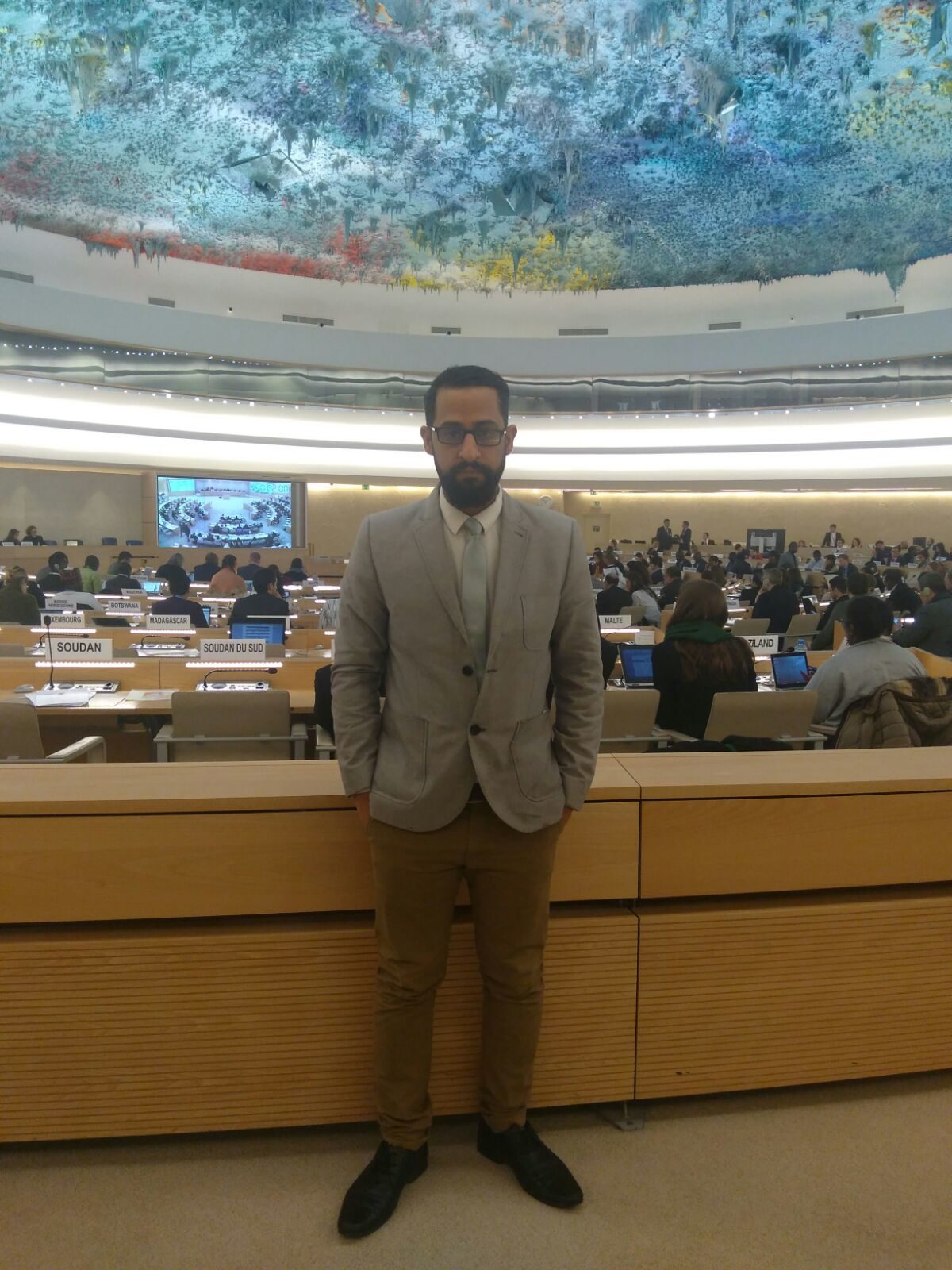On Friday 2 March during the 37th session of the Human Rights Council, Yusuf al-Hoori delivered an oral intervention during the Item 3 Interactive Dialogue with the Special Rapporteur on freedom of religion. In his intervention, al-Hoori called attention to the Government of Bahrain’s structural discrimination against its Shia majority population, in particular in the sectarian divisions in the security forces and in restricting Friday prayers in Sheikh Isa Qassim’s village of Diraz. Click here for a PDF of his intervention in English.
Mr. Rapporteur,
Alsalam and ADHRB welcome your report on state-religion relationships and their impact on religious freedom. We share your concerns over the increasingly disturbing trends in government restrictions and social hostilities involving religion.
For example, in Bahrain sectarian tensions have intensified with the government continuing to promote structural discrimination against the country’s majority Shia. Bahraini authorities have increasingly targeted Shia clerics, most notably Sheikh Isa Qassim. Officials have placed Sheikh Qassim, who is the most prominent spiritual leader among Bahraini Shia, under house arrest and arbitrarily revoked his citizenship. Authorities have also restricted residents of Sheikh Qassim’s village of Diraz from holding Friday prayer.
Bahrain’s Shia also faces discrimination in the security services. Though Shia Muslims are a majority of the Bahraini population, fewer than 5 percent are employed in the defense sector, while Sunni non-Bahraini nationals are believed to make up over half of the security forces. This sectarian divide is further supported by internal official Bahrain military publications which preach aggressive sectarian ideology, including justifications for violence against non-Sunnis.
We are concerned that State restrictions and social hostilities increasingly and negatively impact individuals’ right to the freedom of religion. We therefore ask what measures States should take to dismantle systematic religious and sectarian discrimination, and if your mandate can recommend best practices in restoring confidence through desectarianization efforts, transparency and accountability mechanisms, civil society dialogue, and national reconciliation?
Thank you.





